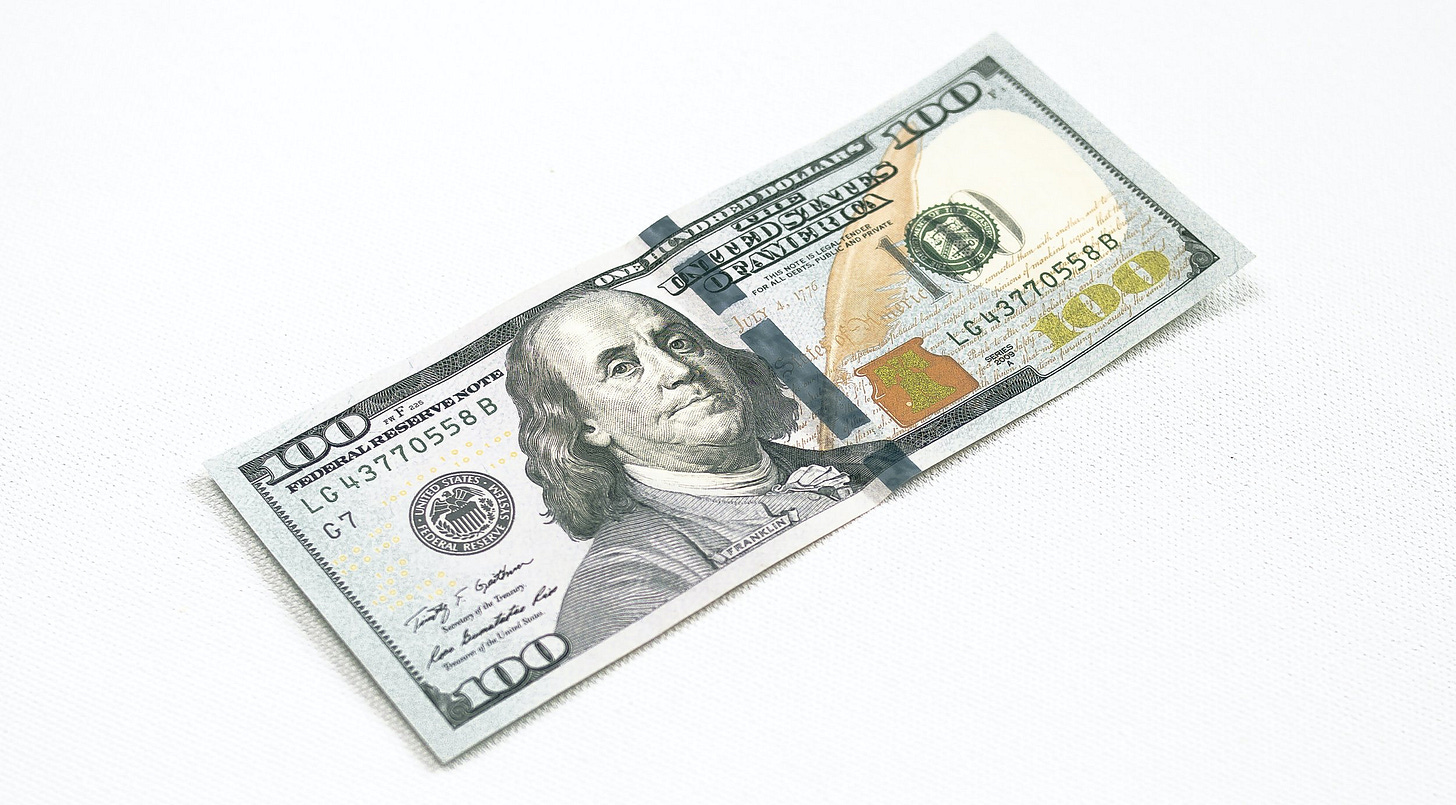Entrepreneur: What can kill you today?
"I wake up every morning wondering how to juggle all that needs to get done," Mike told me.
Mike is a first-time entrepreneur. He took the leap from paycheck to chasing revenue. He was so excited to tell me about his new service company. In a matter of minutes, while standing together at a recent conference, he told me:
How the idea came to him.
Why his service offering is unique in a crowded marketplace.
Why it is needed.
Why him.
I love the excitement, idealism, and positivity of a first-time entrepreneur. I also love to see the fear in their eyes. They seem to always be secretly asking themselves, "Is this going to work?"
When he told me about his first thoughts every morning, it reminded me of a conversation I had years ago with a serial entrepreneur.
He said, "Every day as soon as my feet hit the floor I am thinking about my business. Things like ideas to improve my product, creating a list of the people I need to talk to, trying to figure out what my employees need to be working on, the customers that are complaining and not paying me. And the list goes on. Then I ask myself, ‘What can kill me today?’”
I loved this. This question always moves the most important item right to the top of the entrepreneur's to-do list. Super valuable.
And the answer is always "cash."
I learned this answer in my first startup. I then lived it daily in every startup I ever worked with as an investor over the last thirty years. For startups that survive and thrive, cash is the first thing on the entrepreneur's mind every morning. And if it isn't the first thing on the entrepreneur's mind, I'll guarantee they never achieve survival. Never.
I joined my first startup forty-five years ago. My partner, who was the original founder and CEO, had a tiny pad of preprinted forms at the top center of his desk. I was twenty-two at the time. I joined him as an employee and later became a co-owner. That means in my short work history, all I knew was getting a paycheck on payday. This defined cash flow for me.
After working together for a month or so, I was sitting in his office to talk about our priorities for the week. That's when he said, "Payroll is coming up on Thursday." And with that, he tore a page off his little pad of preprinted pages.
"What's that?" I asked.
"These are ninety-day note applications from the bank. I have a line of credit with the bank, and they gave me these note applications to add to my deposits. This way we never run out of money. It ensures we'll always have enough money to pay the bills and meet payroll," he explained.
I was thinking, "This is too easy a way to get into debt."
I was young and inexperienced, but I did have an accounting degree and understood what it meant to get in debt. That's because I was in debt. Every month I sweated about how to pay my credit card and student debt. I was experiencing what it took to get out of debt.
This was my first lesson on cash flow in a startup. It also explained why my partner only thought about one thing each and every moment of every day. Sales. I learned quickly that our startup needed cash to stay in business. And this cash came from only two sources, customers and lenders. Later, when VCs entered the picture, they were added to the list as the third source.
Twenty years later, as a professional angel investor, I was asked to teach a class to entrepreneurs at the Advanced Technology Development Center at Georgia Tech (ATDC). The ATDC at the time identified some talented entrepreneurs with promising company concepts and then offered a mini-course on everything from idea to revenue. And the "teachers" were experienced entrepreneurs and investors from the community.
They told me I could teach anything I wanted. I chose to focus on cash. In fact, the title of the course was "Cash is Oxygen."
The message was simple.
"You run out of oxygen, and you'll die. Likewise, if your company runs out of cash, it dies."
This course covered the uses of cash, called burn, and the sources of cash.
The quickest way to increase burn is to add employees. The most expensive cash comes from selling equity. The least expensive cash always comes from customers.
Pretty simple, I know. But this hasn't changed in my fifty years as a business owner and investor. Cash is king.
So when you wake up every morning, know this. The one thing that can kill you is running out of cash. This means your priority should always be sales, which comes from customers.
In all my years in business, I've never seen a company go out of business that had positive cash flow!


